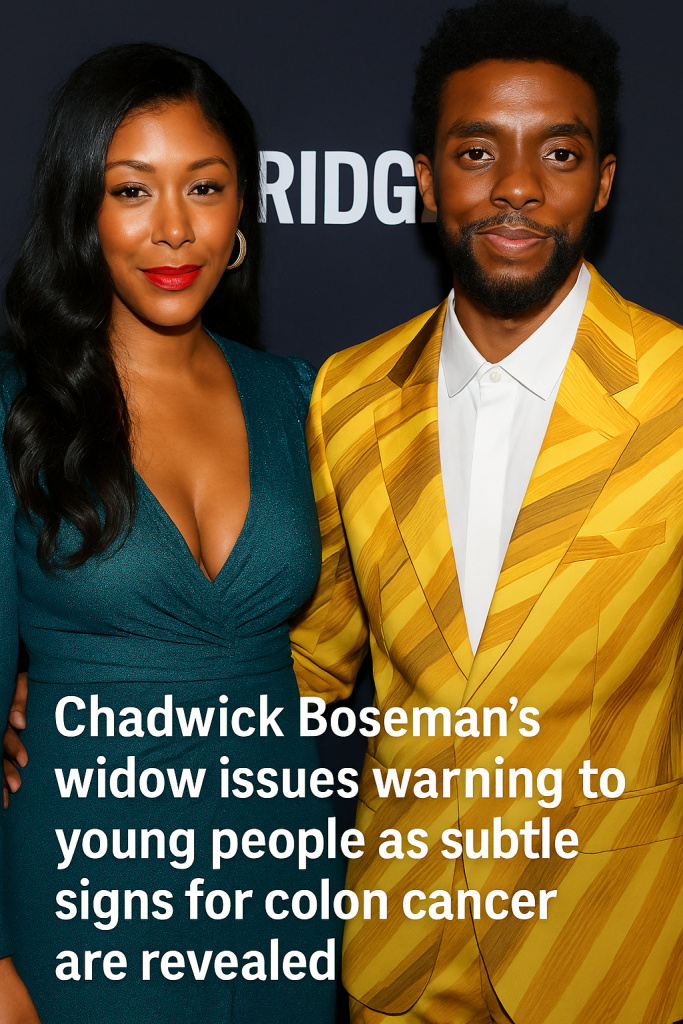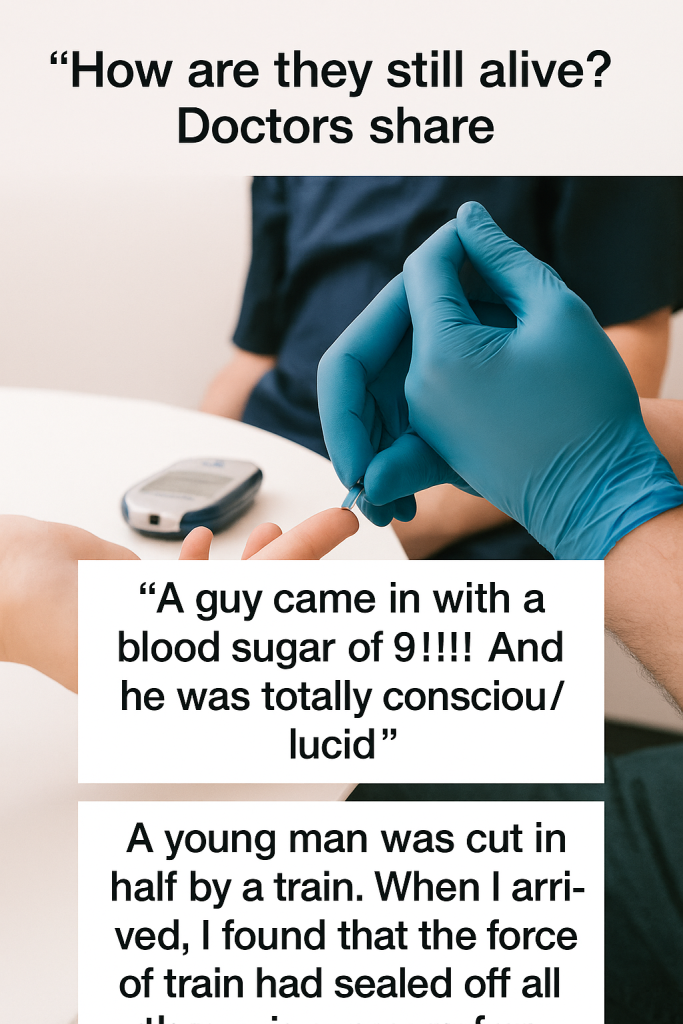The untimely passing of Chadwick Boseman at the age of 43 from colon cancer stunned fans worldwide and served as a sobering reminder that this disease can affect people much younger than commonly perceived. Now, Brandi Boseman, Chadwick’s widow, is stepping forward in 2024 with an urgent message aimed at raising awareness about the often-overlooked early signs of colon cancer, especially among younger adults who may underestimate their risk.
“Colon cancer does not discriminate by age. It caught Chadwick and many others by surprise, but it doesn’t have to,” Brandi Boseman recently shared in a heartfelt public appeal. Her mission is clear: educate young people on the subtle symptoms and encourage proactive screening before the disease progresses silently.
Statistics indicate that colorectal cancer rates are rising alarmingly among adults under 50, a demographic once considered low-risk. According to recent medical data, approximately 1 in 7 new colorectal cancer cases occur in those younger than 50. This shift has prompted leading health experts to recommend earlier screening and heightened vigilance for symptoms.
What are these subtle signs? Brandi highlights several symptoms that many young people might dismiss or misattribute to less serious conditions:
- Unexplained, persistent abdominal pain or cramping
- Changes in bowel habits, including persistent diarrhea or constipation
- Blood in stool or dark stools
- Unintended weight loss
- Fatigue and weakness without a clear cause
“These symptoms may seem minor or embarrassing to talk about, but they could be vital warning signals,” Brandi emphasized. Early detection dramatically improves treatment outcomes, and it’s this window of opportunity she wants young adults to seize.
Her warning echoes a broader movement in the medical community to debunk the myth that colon cancer is strictly a disease of the elderly. In fact, the American Cancer Society recently updated their guidelines, recommending that colorectal screening begin at age 45 for most average-risk adults, and even younger for those with family history or other risk factors.
Brandi’s activism is deeply personal. Chadwick Boseman’s battle was kept private for years, during which his symptoms may have been subtle or concealed. By sharing his story and encouraging transparency, she aims to destigmatize discussions around digestive health and empower individuals to advocate for their own well-being.
The message is particularly urgent in light of the fact that early-stage colon cancer often presents with few or no symptoms and can be missed if young adults and doctors are not alert to the possibility.
Who is at risk? While anyone can develop colon cancer, certain factors increase vulnerability:
- Family history of colorectal cancer or polyps
- Personal history of inflammatory bowel diseases, such as Crohn’s or ulcerative colitis
- Diets high in red or processed meats
- Excessive alcohol consumption and smoking
- Obesity and sedentary lifestyle
Brandi’s call to action encourages young people to take these risk factors seriously and consider discussing screening options with healthcare providers—even if they feel healthy.
Her advocacy underscores an essential reality: early awareness and timely response save lives. Colon cancer diagnosed at an early stage has a five-year survival rate above 90%, but that rate drops dramatically once the disease has spread.
As colon cancer rates rise among the young, Brandi Boseman’s courage in speaking out resonates globally, pressing a vital public health



